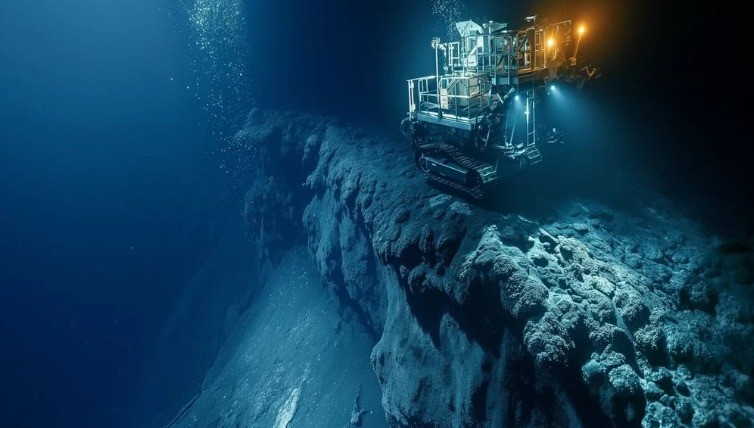Adopted Opinion: « Making the 3rd United Nations Ocean Conference a Key Milestone for Ocean Protection »

In June 2025, France, together with Costa Rica, will co-host the Third United Nations Ocean Conference (UNOC-3). This event must serve as a wake-up call for the international community on the urgent need to protect the Ocean.
After two previous Ocean Conferences with mixed results and limited concrete commitments, UNOC-3 aims to drive progress on major international issues for better ocean preservation—an opportunity to build true « blue governance. »
What Governance for the Ocean?
Initiated with the United Nations Convention on the Law of the Sea on December 10, 1982, ocean governance establishes a legal framework for maritime spaces, defining what falls under national sovereignty and what belongs to the high seas. Today, this international governance remains fragmented and complex, with numerous organizations and regional conventions that hinder a comprehensive and unified approach.
The CESE identifies several key success factors for effective ocean governance, including better coordination of scientific research, a comprehensive assessment of all international conventions, and the establishment of a single forum for discussions and commitments between states on ocean protection.
The Ocean covers 71% of the Earth’s surface and is the largest carbon sink, absorbing approximately 30% of CO₂ emissions. It thus plays a crucial role
Yet, human activities are putting immense pressure on this entire ecosystem, and the consequences are already evident:
One-third of marine mammals and seabirds have disappeared.Rising sea levels and coastal erosion.Disruption of major ocean currents, with significant impacts on the climate.
France, which possesses the world’s second-largest maritime area, is particularly affected by these issues and has the potential to play a significant role on the international stage.
The UNOC: An Opportunity to Advance Major Frameworks for Ocean Protection
This conference serves as an accelerator for the conclusion, ratification, and implementation of ongoing international agreements. Several key texts, particularly those concerning the high seas, seabed, fishing, and plastic pollution, offer an opportunity to move beyond political divides and send a clear message: the Ocean is a common good.
Beyond the texts, the CESE calls for a paradigm shift in the use of the Ocean. It highlights the lack of attention at UNOC-3 to the working conditions and support for those working at sea. Social issues must be integrated into the agendas of future Ocean conferences.
The CESE’s Recommendations for True Blue Governance
With its 21 recommendations, the CESE calls for strengthening scientific cooperation, sustainably organizing human activities, and securing adequate funding.
Truly Protect Marine Protected Areas (MPAs)
The goal is clear: to reach 30% of global marine areas « protected » by 2030. In France, only 1.7% of MPAs benefit from high and strict protection. In most French MPAs, trawling is still allowed.
→ How? By establishing a global common definition of Marine Protected Areas, excluding minimal and light protection levels that do not offer sufficient protection for biodiversity and ecosystems.
Support the Moratorium on the Exploitation of Deep-Sea Resources
The deep-sea areas cover the seabed and subsoil of international waters beyond the established national exclusive economic zones. More than three-quarters of the ocean floor belongs to the deep-sea zone, yet less than 20% of the seabed has been mapped, and fewer than 20% of species have been discovered.
→ How? By supporting the moratorium on deep-sea exploitation and emphasizing the absolute priority of scientific exploration, which should enable better shared knowledge of the Ocean.
End Subsidies for Illegal and Overfishing
Globally, one in five fish caught comes from illegal, unreported, and unregulated (IUU) fishing and overfishing. These harmful fishing practices receive two-thirds of public financial support.
→ How? By rallying a sufficient number of states to implement the WTO agreement to stop subsidies for IUU fishing and overfishing.
Contribute to the Decarbonization of Maritime Transport
Currently, 90% of global trade transits through the Ocean, with traffic steadily increasing. It accounted for 2.89% of global anthropogenic CO₂ emissions in 2018. Practical, quick-to-implement, low-cost solutions should be prioritized.
→ How? The CESE urges UNOC-3 to propose measures that are quickly actionable to contribute to the decarbonization of maritime transport, such as reducing ship speeds.
Source: lecese



